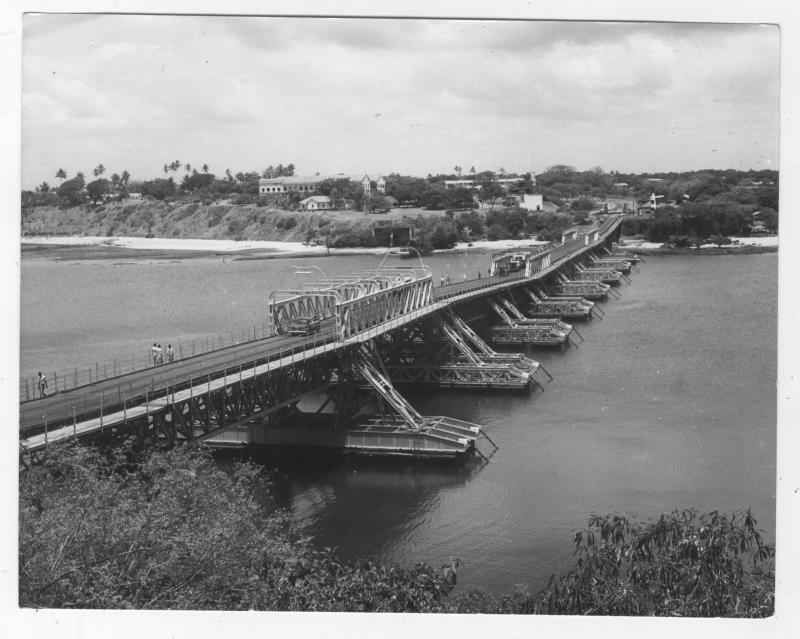×
The Standard e-Paper
Home To Bold Columnists

The picturesque bridge is synonymous with the coastal town of Mombasa. For the past 90 years, millions of people and cars have used it to connect from the island and the mainland.
This bridge has not always been this alluring and has had its fair share of controversies in its lifetime.